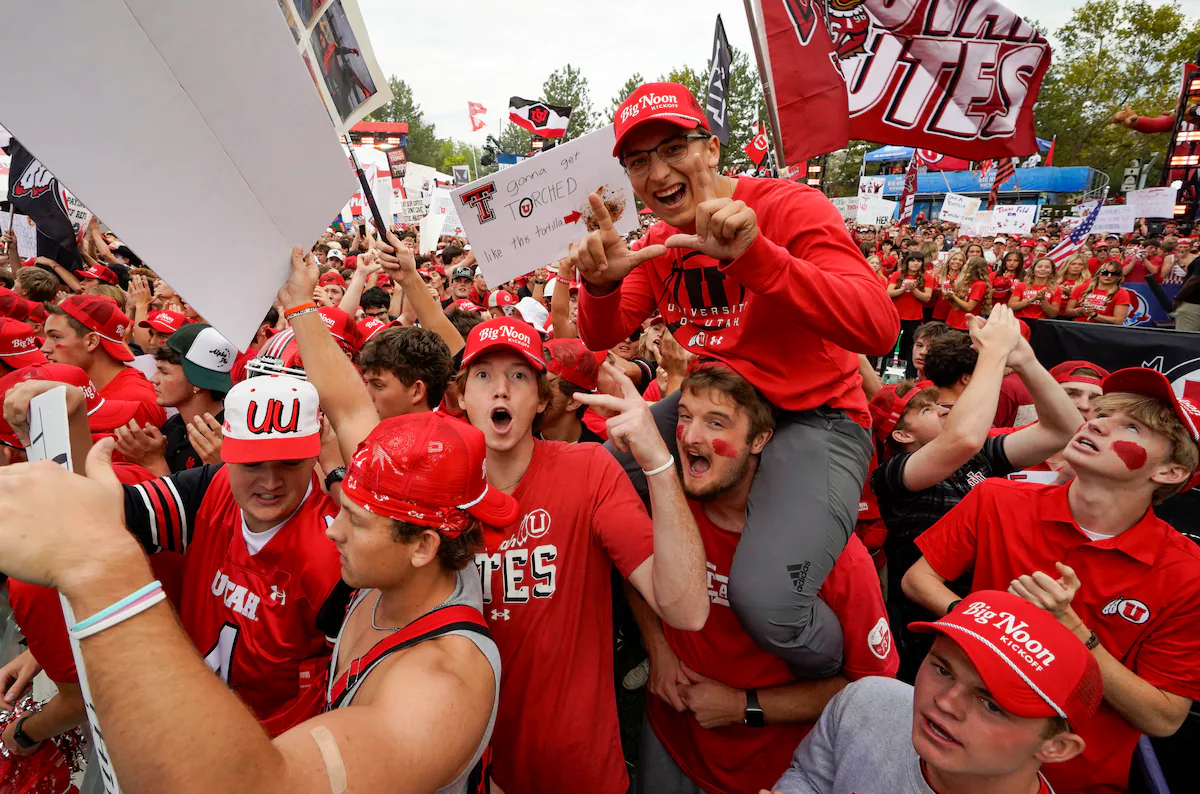
We lost Assata Shakur, one of our remaining revolutionaries and a member of the Black Liberation Army, last week, September 25th, 2025. “Assata’s story is rare because she not only survived white supremacy—she escaped it,” says Dr. Kimberly Monroe, associate professor of Global Affairs at Trinity University and author of the forthcoming The Black Underground: Assata Shakur and Global Freedom Struggles.
After escaping prison in New Jersey in November 1979, Shakur lived in hiding for several years before being smuggled to Cuba, where Fidel Castro’s government granted her asylum in 1984. She lived in freedom until her death at the age of seventy-eight. “That survival, and her ability to narrate it, is a model for young organizers and Black women today,” Monroe continues. “It’s why she remained a threat in the eyes of the U.S. government—because a free Black woman, telling her truth, and fighting for others to be free, is the most powerful story of all.”
As Black women mourn her loss and grapple with the realities of a capitalist system that devalues our lives and labor, we are comforted by the legacy Assata Shakur leaves behind. Her life offers a timely lens through which we can distill three key lessons about money, power, and freedom, each shaping how we move forward.
Money is Political
Too often, Black women are blamed for financial struggles that are actually rooted in systemic inequities of capitalism, racism, and sexism. “Assata understood that Africans were exploited for their value as the original human machines after devastating and failed attempts at destroying First Nations people in the process of consolidating empire in the West,” says Dr. Meredith Gadsby, associate professor of Africana Studies and Comparative American Studies at Oberlin College. “She had a clear critique of how this exploitation resulted in the construction of the racial and gender inequalities that persist in the U.S., and how those systems have hampered our ability to enjoy the same financial success as white Americans, and even other communities of color.”
Historically, Black communities have consistently responded to these challenges, for example, by creating businesses and mutual aid societies grounded in cooperative economics, such as the United Negro Improvement Association, Black-owned banks, and informal systems of banking like susu or partner. “Self-determination requires economic freedom that we build ourselves, even when mainstream options are inaccessible due to racist lending practices,” says Gadsby.
Understanding this reality challenges us to push back against financial shame and reminds us that personal finance and wealth accumulation don’t happen in a vacuum.
Black Wealth is Resistance
As a child in the 1950s, Assata Shakur witnessed her grandparents steward land and property at Monte Carlo by the Sea in Freeman’s Beach—a rare Black-owned beach in North Carolina where joy, resistance, and rest coexisted. “That land, inherited from her great-grandfather, was a form of freedom, even under the constant threat of white hostility,” shares Monroe.
The property was destroyed by Hurricane Hazel in 1954, and after losing a legal battle with white lawyers over rebuilding, her family established another business in Wilmington: Hill’s Restaurant, which appeared in the Green Book. Monroe explains, “The Green Book was more than a travel guide—it represented safety, freedom, and resistance for Black travelers during segregation. Each listing reflected collective knowledge, trust, and the strength of a community navigating danger with dignity.”
This early exposure shaped Assata’s radical understanding of wealth: that true financial empowerment for Black people is inseparable from land, legacy, and the well-being of the community.
As we continue to strategize around wealth, her story reminds us to build intergenerational assets, protect community spaces, and create businesses that serve both family and the broader community—laying the foundation for lasting freedom and economic self-determination.
Community is Currency
Assata Shakur’s prison escape was a meticulously planned example of fugitivity within a community of care, carried out by the Black Liberation Army (BLA) with support from activist groups, including the May 19th Communist Organization. Her survival was not the result of personal wealth, but of the networks, solidarity, and strategic care that sustained her.
While in exile in Cuba, Assata continued to center community in her life. According to Monroe, she rejected capitalism’s class divisions and emphasized shared governance over resources, demonstrating that true liberation requires collective care and responsibility. She also remained connected to global movements, meeting with students, activists, and organizers, and speaking truth about power, imperialism, capitalism, and colonial violence.
“If we look at Black women’s financial practices, we see that creating these currencies is not new,” says Gadsby. “Even when barred from formal leadership roles, women have pooled resources, built mutual aid networks, and ensured survival and resilience across generations.”
From small gatherings in homes to sharing food and clothes in neighborhoods, to contemporary Zoom circles and giving circles, Black women continue this tradition of care and resource sharing. Ateira Griffin, founder of BOND, a Baltimore-based nonprofit that mentors Black single mothers, operationalizes community building and emotional currency through monthly workshops around intergenerational support and personal development. “These groups also take an international form when Black women expats create spaces to connect with each other as we move across the globe in search of our freedom,” says Griffin. “As Assata showed us, community and the continuous connection with our people, both locally and internationally, provide us with the intangible benefits of Black solidarity and the economic advantage of Black economic sovereignty.”
The Legacy: Wealth, Freedom, and Justice
In 1998, Assata Shakur wrote a letter to the Pope, stating:
It is my heartfelt belief that all the people on this earth deserve justice: social justice, political justice, and economic justice. I believe it is the only way that we will ever achieve peace and prosperity on earth. I hope that you enjoy your visit to Cuba. This is not a country that is rich in material wealth, but it is a country that is rich in human wealth, spiritual wealth, and moral wealth.
Assata Shakur’s legacy reminds us that wealth isn’t just material—having money provides independence from exploitation, greater agency over how and where we live, the ability to support ourselves and those we love, and the capacity to invest in Black businesses and political movements that promote change.
But financial freedom alone is not enough. It must be paired with economic policies that remove barriers to homeownership, affordable healthcare, and education. True freedom, as Assata showed us, extends far beyond money. “It is the freedom to breathe clean air; walk safely in our neighborhoods; protect our children; survive childbirth with dignity; and ensure all young people—girls, boys, and nonbinary families—can grow up safe, healthy, and supported,” says Gadsby.
In other words, financial empowerment is the tool, but freedom is the destination.
To honor Assata Shakur’s legacy, let’s never forget our power—our resilience, our resources, and our influence—to support collective well-being, advocate for equitable policies, and build spaces of freedom and solidarity… for all of us.



